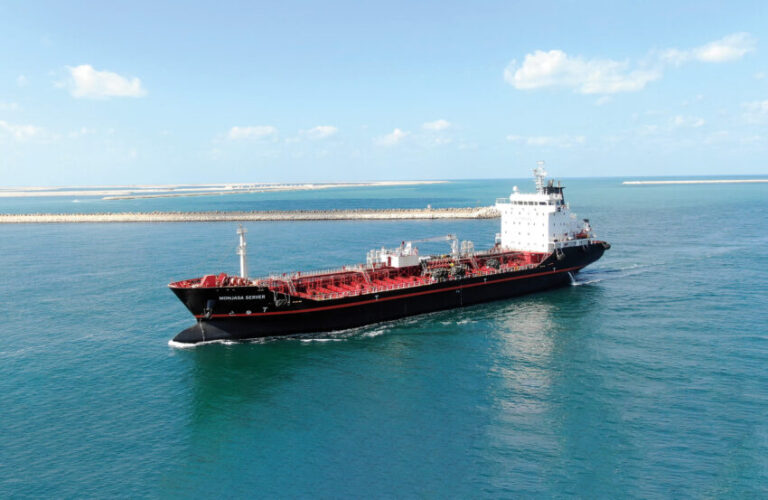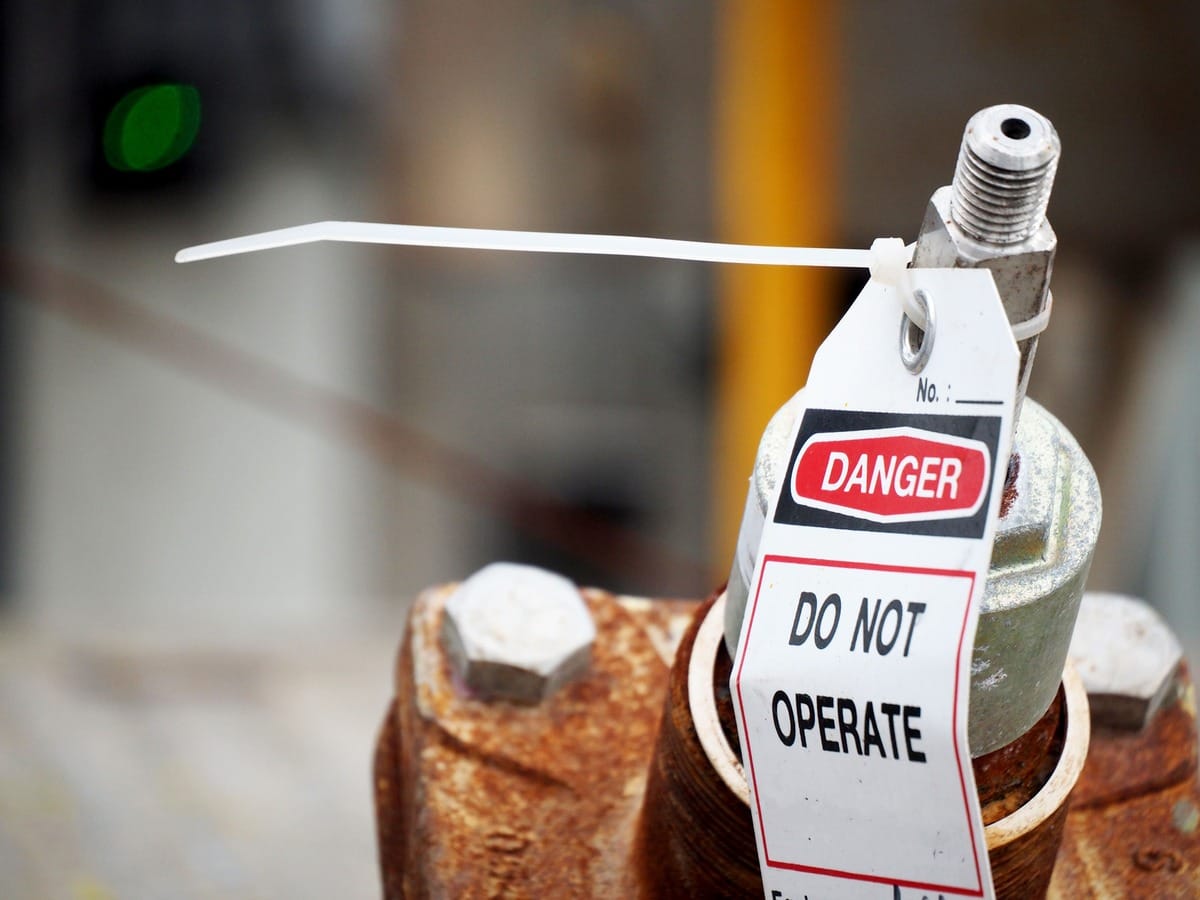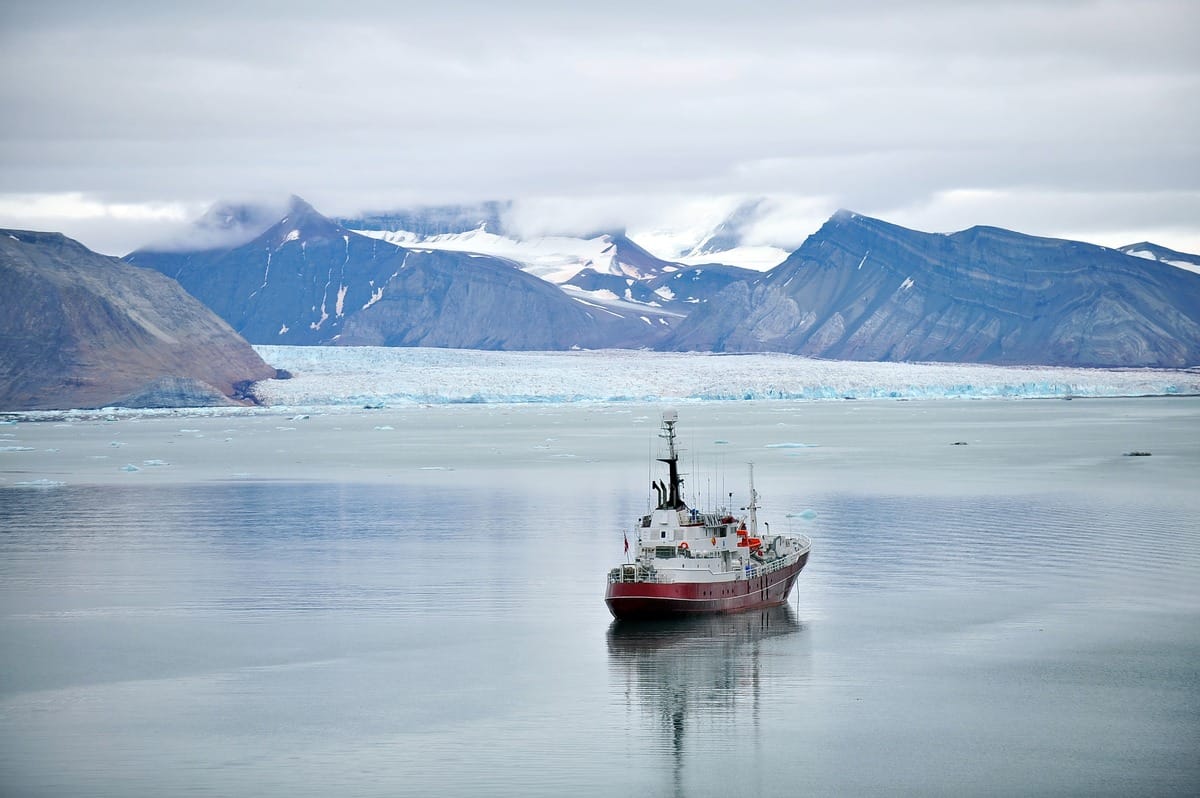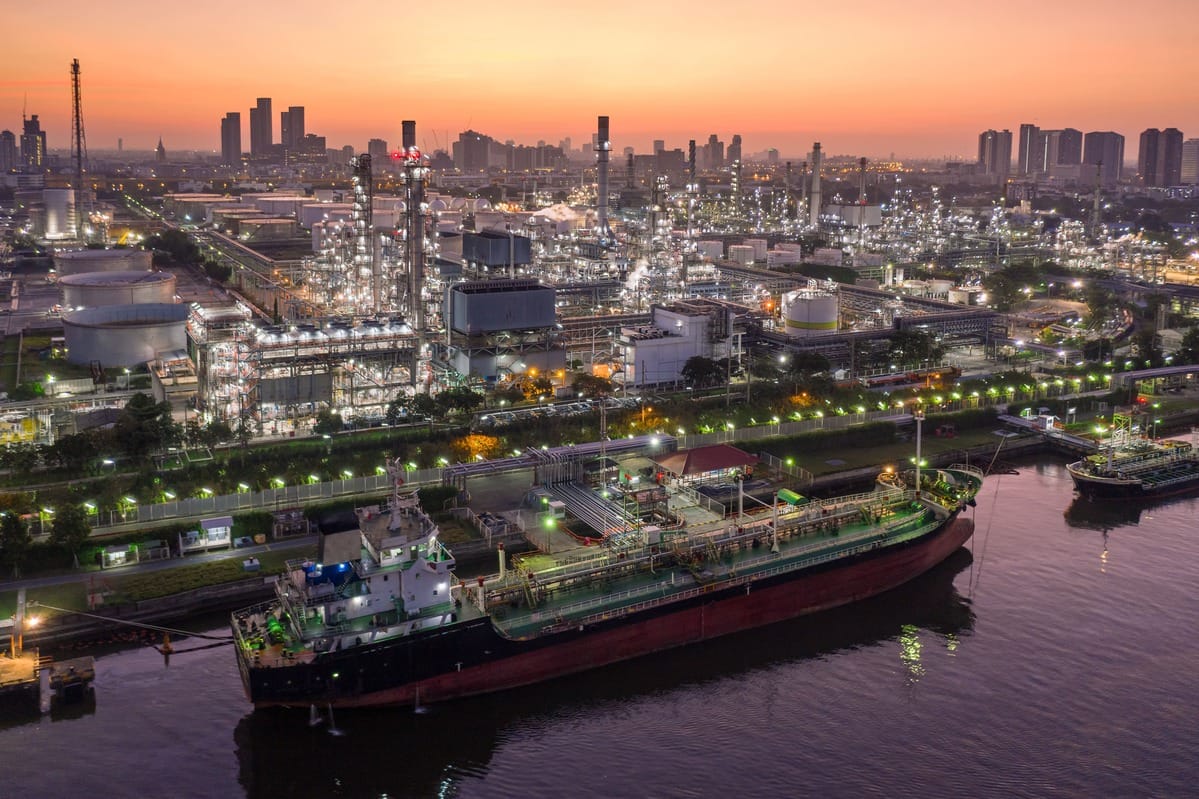Following the IMO Sub-Committee on Pollution Prevention and Response (PPR 12) session, bunker ships […]
The post IMO PPR 12: Bunker ships set to carry higher percentage of biofuel blends under new
Following the IMO Sub-Committee on Pollution Prevention and Response (PPR 12) session, bunker ships certified as oil tankers are set to be permitted to carry biofuel blends containing up to 30% biofuel.

As informed, the PPR session was held in London from January 27 to 31, 2025, featuring discussions on ‘vital’ issues within the maritime industry, such as black carbon, carriage of biofuel blends and discharge water from exhaust gas cleaning systems (EGCS), among other matters, Norwegian classification society DNV shared.
As per DNV, presently, oil tankers are allowed to carry biofuel blends containing up to 25% biofuel, with those exceeding this limit restricted to chemical tankers. However, PPR 12 finalized an interim circular allowing conventional bunker ships certified as oil tankers under MARPOL Annex I to carry biofuel blends containing up to 30% biofuel. The circular is now pending approval at the MEPC 83 in April 2025.
As explained, the twelfth session also encompassed discussions pertaining to fatty acid methyl ester (FAME), a renewable biodiesel made from vegetable oil or animal fats that has become an increasingly important component of the global biofuel mix due to its lower carbon emissions.
One key aspect of the talks was the need for more stringent operational procedures when handling FAME. Due to its physical properties and environmental concerns linked to tank cleaning after the unloading of FAME, this alternative fuel has been associated with several pollution incidents, particularly in the North Sea, according to DNV.
It is understood that, as a result, PPR 12 considered a proposal to amend the International Bulk Chemical Code (IBC Code) to mandate a prewash requirement for ships unloading FAME. This prewash would reportedly help prevent pollution caused by residues left in cargo tanks.
DNV had highlighted that the geographical area of concern for this new operational stipulation extends from Gibraltar in the south along the Norwegian coast, including the Baltic Sea, as well as the UK and Ireland, as outlined in MARPOL Annex II.
The ESPH Technical Group is set to further review this proposal and report back to PPR 13 in 2026.
Through the prism of biofuels
In a 2023 paper “Biofuels in shipping” DNV expressed that biofuels could be holding the key for the maritime industry’s decarbonization but that limited supply or, rather, the restricted production capacity acted as tremendous obstacles.
The UK-based classification society Lloyd’s Register (LR) has presented a similar view. Back in September 2024, LR found in its Fuel for Thought: Biofuel report that the widespread adoption of biofuels as a drop-in replacement for fossil fuels depended on overcoming challenges such as feedstock availability and demand competition from other transport sectors.
According to LR, as ‘drop-in’ replacements, biofuels require minimal changes to machinery and operations and offer greenhouse gas (GHG) emissions savings of up to 84% compared to traditional fuels, making them a particularly attractive choice for numerous industry stakeholders.
LR had also found that the most established products suitable for shipping were FAME and hydrotreated vegetable oil (HVO).
Related Article
That said, in its 2025 Biofuels in Shipping report, despite reiterating HVO’s and FAME’s “great potential” in reducing GHG emissions and supporting compliance with maritime regulations, DNV re-emphasized that the supply of the worldwide biomass was as of yet restricted.
“The long-term future of the maritime biofuel market hinges on the availability of sustainable biomass at an affordable level, as well as competition with other sectors. Shipowners should, therefore, aim to explore energy efficiency measures and alternative fuels as part of their wider decarbonization strategies, while utilizing biofuels where they are available and affordable,” Knut Ørbeck-Nilssen, CEO of Maritime at DNV, concluded.
Related Article
READ MORE
Content Original Link:
" target="_blank">


























































